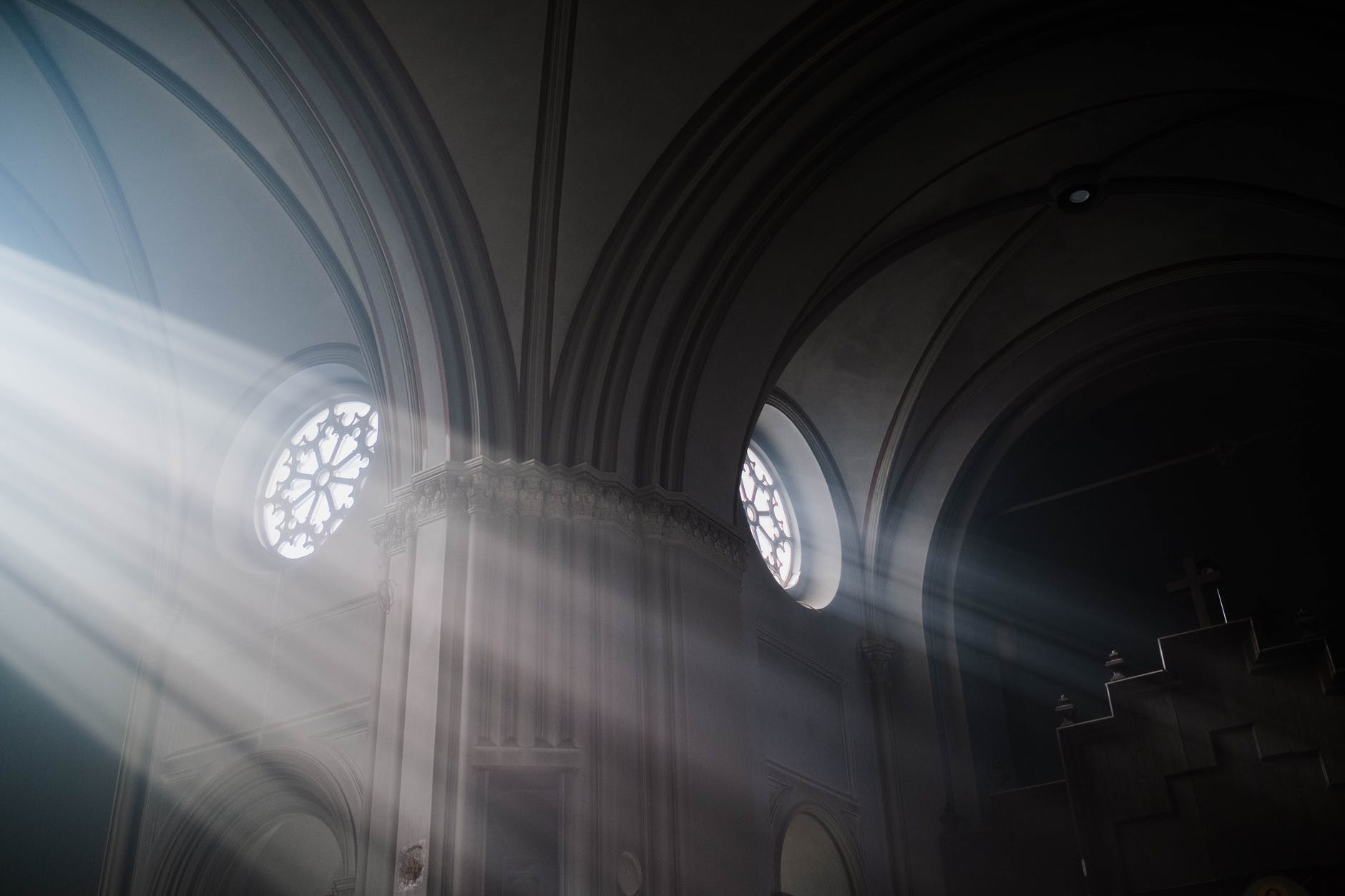A few years ago, I read some of James K. A. Smith’s work. One book in particular is You Are What You Love: The Spiritual Power of Habit. I posted about it (read here) as it made me think about habits and how they form us. When it comes to “discipleship” we generally view it as attending a Bible study but Smith made me think a bit outside the box. True, discipleship does involve the mind, but it must also include our whole selves, or our bodies as Smith contends. Makes sense to me as at the heart of discipleship is the idea of following. In other words, you do as the teacher does.
Though I have continued to meditate what Smith is arguing for in You Are What You Love, it all became fresh for me today as I was reading Scot McKnight’s new book A Church Called Tov. And by the way, I personally feel that every church leader and member should grab a copy of this book and work though it. It deals with the abuse of power in local churches and how a church can and must resist unhealthy structures that destroy and instead create ones that bring healing. Even if you think your church doesn’t struggle with dysfunctional power issues, you still need to read this book.
So in the midst of reading McKnight’s book, he quotes David Brooks. Here is what Brooks writes…
When people make generosity a part of their daily routine, they refashion who they are. The interesting thing about your personality, your essence, is that is is not more or less permanent like your leg bone. Your essence is changeable, like your mind. Every action you take, every though you have, changes you, even if just a little, making you a little more elevated or a little more degraded. If you do a series of good deeds, the habit of other-centeredness becomes gradually engraved into your life. It become easier to do good deeds down the line. If you lie or behave callously or cruelly toward someone, your personality degrades, and it is is easier for you to do something even worse later on.
The truth seems to be that your habits and actions change you. Jesus told us to love our neighbors. And our enemies. We know these things. Or at least I hope we do. And yet…well…how does loving your neighbor become an every day reality? Could it happen when we make it a habit to actually love those around us? Consider the words of C.S. Lewis: Do not waste time bothering whether you ‘love’ your neighbor; act as if you did. As soon as we do this we find one of the great secrets. When you are behaving as if you loved someone, you will presently come to love him.
Perhaps we need to rethink how we “make disciples.” This obviously doesn’t mean we stop reading, teaching, memorizing, and mediating on Scripture. But perhaps we take heed to what James writes:
You must be doers of the word and not only hearers who mislead themselves. Those who hear but don’t do the word are like those who look at their faces in a mirror. They look at themselves, walk away, and immediately forget what they were like. But there are those who study the perfect law, the law of freedom, and continue to do it. They don’t listen and then forget, but they put it into practice in their lives. They will be blessed in whatever they do.
James 1:22-25
What are your thoughts?
Leave a Comment





